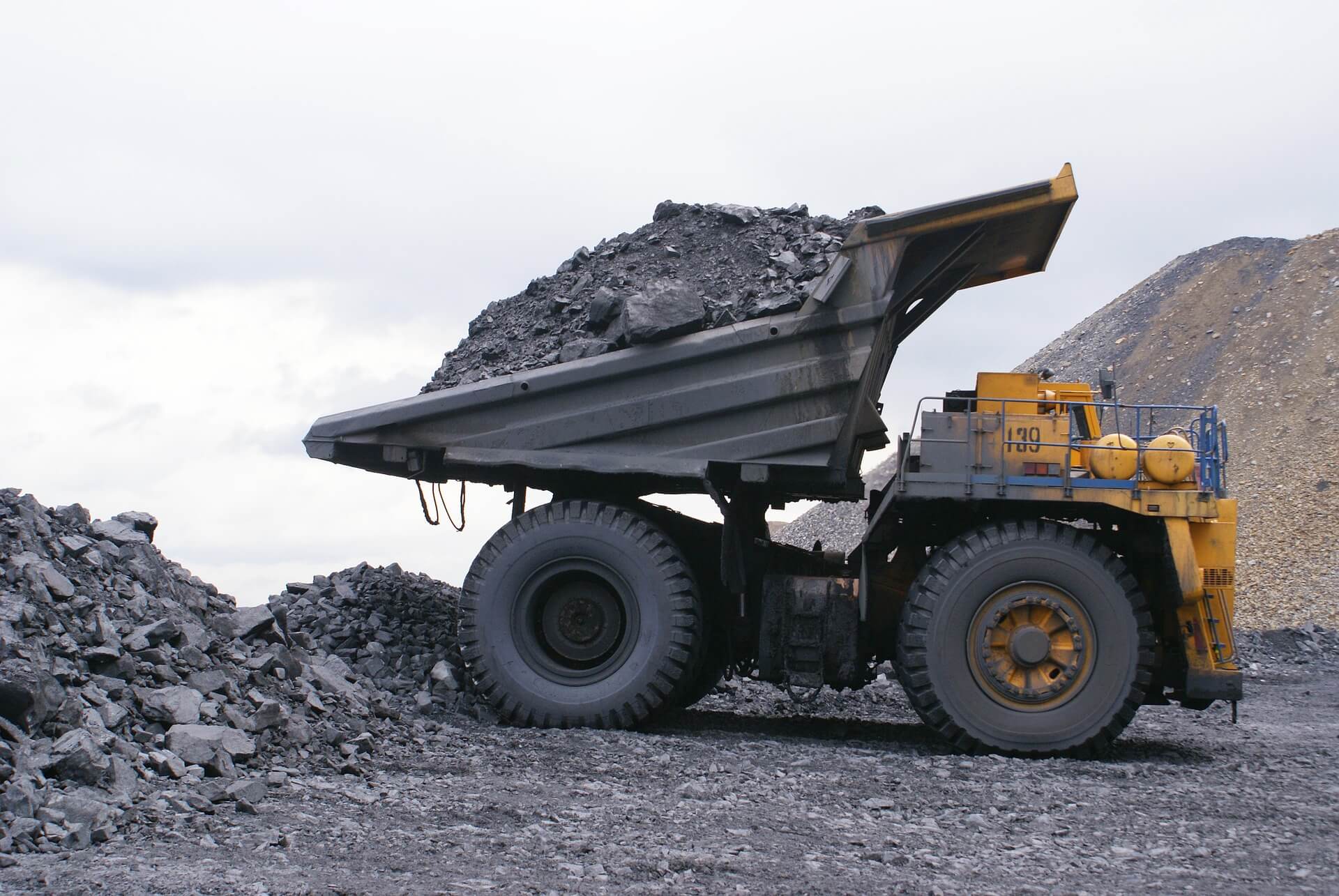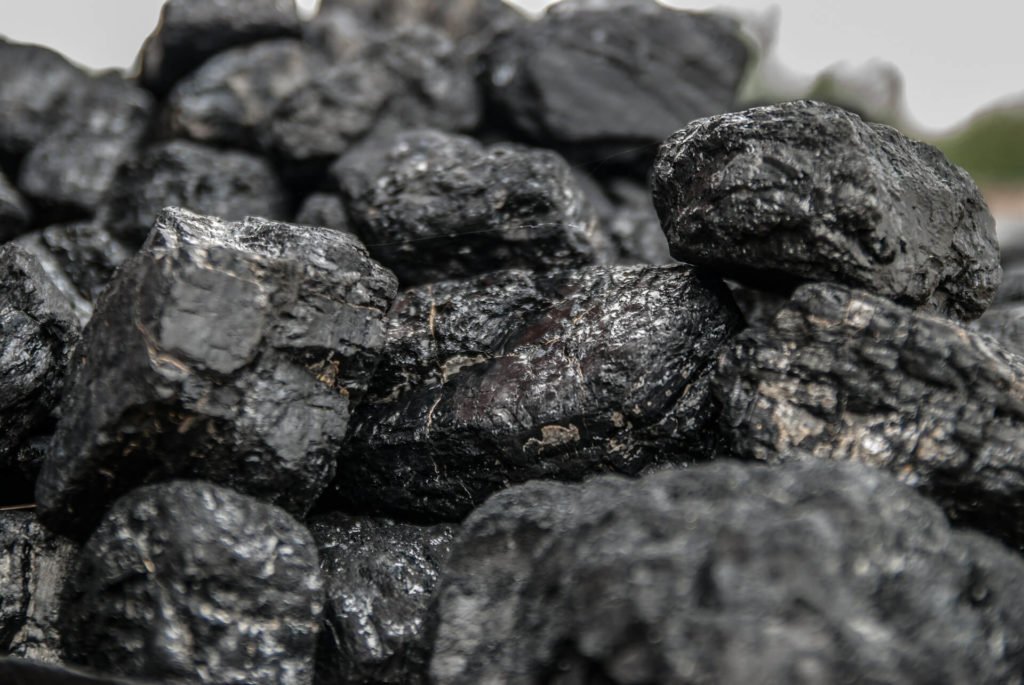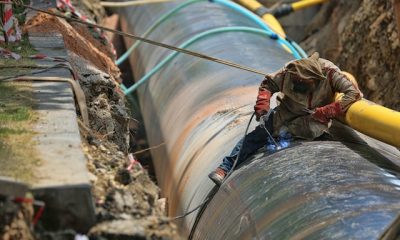Featured
Customs data reveal China purchased North Korean coal amid imposed embargo sanction
The action of China buying coal from North Korea before the implementation of the UN sanctions drew concerns from analysts.

China, North Korea’s largest trading partner, purchased North Korean coal weighing at 1.64 million tons last August. What is shocking is that the two countries performed the trade regardless of the fact that there was a ban implemented by Beijing in compliance with the sanctions of the United Nations (UN) Security Council surrounding coal exchanges with North Korea.
Mining.com reported that the coal imports of China had an increase in the month of August, which accumulated to $138.1 million, according to the Chinese customs figures. The upsurge occurred six months after the country announced its suspension of all North Korean imports in hopes of forcing the Pyongyang government to cease its nuclear weapons program and activities.
Also take note that back in January, the country’s coal imports was almost $122.5 million. They declined in February, reaching $98.1 million, and in March, the imports dropped to zero.
According to experts, the explanation behind China’s action is that the country scrambled in dealing with some shipments that already arrived following the sudden implementation of the ban last February. China had to get rid of these cargos before the Sept. 5 deadline of the sanctions came.
After the sanctions had been issued, China declared that it would not entertain North Korean coal in the country despite that they were in Chinese soil already.
Even with the news of China receiving coal from North Korea after the U.N. issued its sanctions, it is still considered that China did not commit any violations of the U.N. Security Council’s resolutions. But upon hearing this news, some analysts like Foundation for Defense of Democracies senior fellow Anthony Ruggiero think that China is not a dependable partner.

China’s coal imports were estimated at $122.5 million in January. (Source)
North Korea sanctions
In early August, the U.N. Security Council enacted a ban on North Korea regarding its exports of coal, lead, lead ore, iron, iron ore, and seafood. The ban also forbade countries from accepting more North Korean workers to their workforces and making new joint ventures and investments in existing ventures.
The United States composed the resolution and is also collaborating with South Korea for military drills. The drills drew the ire of North Korea and blamed the two countries for bringing more tension.
The ban’s impact on North Korea
According to Nikki Haley, the U.S. ambassador to the UN, the sanctions are made in an effort to hinder the further development of its nuclear weapons, per ABC News. Aside from banning the export of base metals, coal, seafood and workers, North Korea is also not allowed to trade its textiles outside the country.
The ban would result in the disturbance of North Korea’s top exports and the introduction of restrictions on its Foreign Trade Bank. The country would also lose nearly $1 billion of its revenue, putting a dent in its economy. However, it is not yet certain if the ban will indeed abbreviate the nuclear weapons program’s progress.
Haley further stated that North Korean officials will suffer as a result of the sanctions. Still, it is unknown if and how the general North Korean population would be affected by the ban.

-

 Markets4 days ago
Markets4 days agoCotton Market Weakens Amid Demand Concerns and Bearish Trends
-

 Crypto2 weeks ago
Crypto2 weeks agoIs Strategy’s Bitcoin Bet Becoming a Dangerous House of Cards?
-

 Fintech2 days ago
Fintech2 days agoFintech Alliances and AI Expand Small-Business Lending Worldwide
-

 Crowdfunding1 week ago
Crowdfunding1 week agoSpain’s Real Estate Crowdfunding Boom: Opportunity, Access, and Hidden Risks

























You must be logged in to post a comment Login